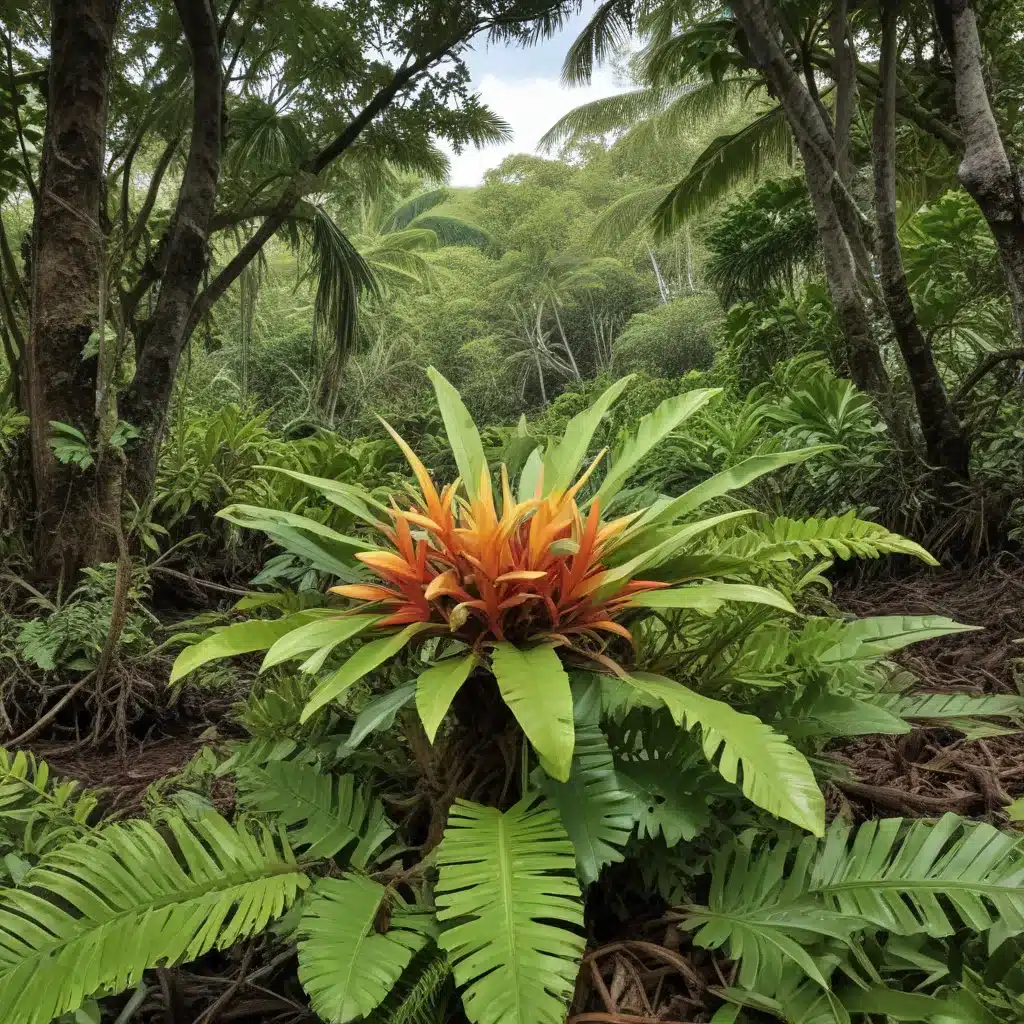
The Cultural Heritage of the Cook Islands
The Cook Islands, a Polynesian paradise nestled in the heart of the South Pacific, offer a captivating tapestry of cultural heritage that has been carefully woven over centuries. This remote archipelago, comprising 15 islands scattered across over 2 million square kilometers of ocean, is a testament to the resilience and ingenuity of its indigenous people, the Cook Islanders.
Island Traditions and Customs
At the core of Cook Islands’ culture lies a deep reverence for the natural world and the elements that have shaped their way of life. From the intricate tattoo designs that adorn the skin of the islanders to the rhythmic beats of the traditional drums, every aspect of their cultural expression is intrinsically linked to the islands’ unique environment. The Cook Islanders’ mastery of navigation, fishing, and sustainable resource management has enabled them to thrive in this remote corner of the Pacific for generations.
Legends and Folklore
The Cook Islands’ rich oral tradition is a testament to the imaginative spirit of its people. Passed down through generations, the islands’ legends and folklore weave together narratives of creation, heroism, and the enduring bond between humankind and nature. These captivating stories often feature the islands’ endemic flora and fauna, such as the elusive Kakerori, a rare bird species found only in the Cook Islands.
Artifacts and Crafts
The islands’ cultural heritage is further reflected in the intricate crafts and artifacts that adorn homes and community spaces. From the delicate weaving of traditional hats and baskets to the masterful carving of canoes and ceremonial tapa cloth, each creation showcases the Cook Islanders’ deep connection to their environment and their unwavering dedication to preserving traditional skills.
Historical Insights into the Cook Islands
The Cook Islands’ history is a rich tapestry of exploration, settlement, and the resilience of its people in the face of both challenges and opportunities.
Exploration and Settlement
The Cook Islands were first settled by Polynesian voyagers who navigated the vast Pacific Ocean using their unparalleled seafaring skills. These early inhabitants, known as the Maori, established thriving communities across the islands, developing unique cultural practices and traditions that continue to shape the Cook Islands’ identity today.
Early European Contact
The Cook Islands’ first recorded European contact came in the 16th century, when the islands were “discovered” by the Spanish explorer Álvaro de Mendaña. Over the following centuries, the islands saw a steady influx of European explorers, missionaries, and traders, ushering in a new era of cultural exchange and, at times, conflict.
The Cook Islands Monarchy
In the late 19th century, the Cook Islands came under the protection of the British Empire, leading to the establishment of a constitutional monarchy. This unique political system, which continues to this day, has allowed the Cook Islanders to maintain a strong sense of cultural autonomy and self-governance, even as they navigated the challenges of the colonial era.
Exploring the Cook Islands
The Cook Islands’ natural wonders are as diverse as they are breathtaking, offering visitors a unique opportunity to immerse themselves in a world of untamed beauty and endemic biodiversity.
Profiles of the Major Islands
Each of the Cook Islands’ 15 atolls and volcanic islands boasts its own distinct character and ecosystems. From the lush, mountainous terrain of Rarotonga to the pristine, white-sand beaches of Aitutaki, every island presents a captivating blend of natural and cultural riches.
Unique Wildlife and Ecosystems
The Cook Islands are home to a remarkable array of endemic species, many of which are found nowhere else on Earth. The islands’ diverse habitats, from coral reefs to tropical forests, support a rich tapestry of flora and fauna, including the elusive Kakerori, the iconic Rimatara Lorikeet, and the enigmatic Kakerori Crab.
Eco-tourism Opportunities
The Cook Islands’ natural wonders have long attracted eco-conscious travelers, who come to explore the islands’ stunning landscapes, participate in conservation efforts, and learn about the indigenous culture. From guided hikes through lush rainforests to snorkeling adventures in crystal-clear lagoons, the Cook Islands offer a wealth of sustainable tourism experiences that celebrate the islands’ unique biodiversity.
Preserving the Cook Islands’ Legacy
As custodians of a fragile and irreplaceable natural heritage, the Cook Islands’ people are dedicated to safeguarding their islands’ precious ecosystems for generations to come.
Archaeological Discoveries
The Cook Islands’ rich history is constantly being uncovered through archaeological discoveries, which shed light on the islands’ ancient settlements, trading networks, and the intricate relationship between the indigenous people and their environment. These findings not only inform our understanding of the past but also inspire continued efforts to preserve the islands’ cultural and natural legacies.
Protecting Endemic Species
The Cook Islands’ commitment to environmental stewardship is exemplified by their efforts to safeguard the archipelago’s unique and endangered species. From the establishment of protected areas to the implementation of comprehensive conservation strategies, the Cook Islanders are working tirelessly to ensure that their endemic flora and fauna can thrive for centuries to come.
Educational Resources and Initiatives
The Cook Islands Library and Museum, along with a network of local organizations, play a vital role in educating both residents and visitors about the importance of preserving the islands’ natural and cultural treasures. Through interactive exhibits, educational programs, and community outreach, these institutions are inspiring a new generation of environmental stewards and cultural ambassadors.
As you explore the Cook Islands, we invite you to immerse yourself in the captivating tapestry of this Polynesian paradise. From uncovering the islands’ rich cultural heritage to discovering their remarkable biodiversity, your journey will undoubtedly leave you with a profound appreciation for the resilience and beauty of this remarkable archipelago. To support the Cook Islands’ ongoing conservation efforts, please consider making a donation to the Cook Islands Library and Museum or exploring volunteer opportunities that allow you to directly contribute to the preservation of this unique and irreplaceable corner of the world.

